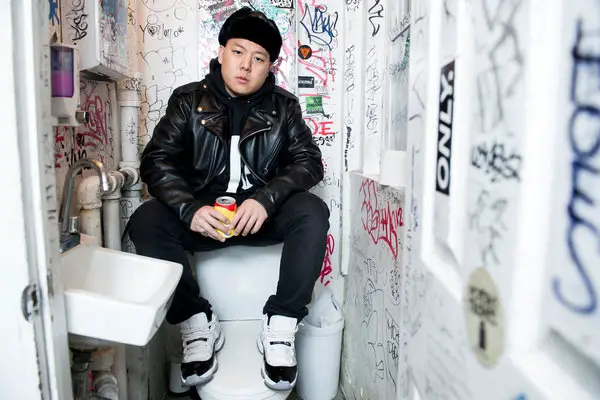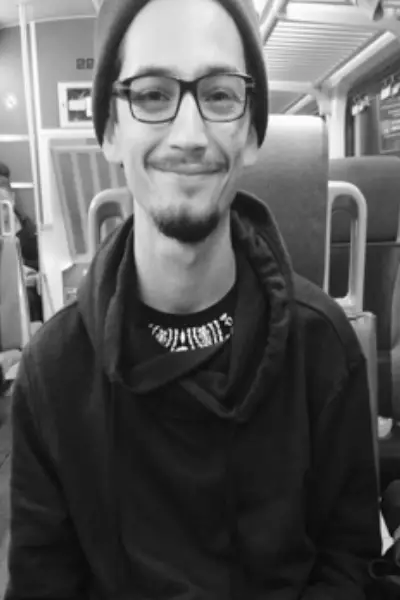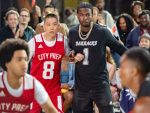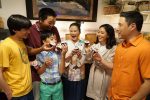From the moment you hear Eddie Huang speak, you know you’re going to keep listening until he’s done.
Whether he’s talking about his love of Dipset, the intricacies of a Detroit hamburger or Asian-American stereotypes, his passionate diction hits you like a truck.
You become enthralled in whatever he’s saying, held captive by his words and enlightened just by listening. More importantly, his words matter, and through his many outlets, the Human Panda tells the stories that deserve to be told, beginning with his own.
Huang’s autobiography, “Fresh Off the Boat,” tells the story of a young Eddie growing up in the wasteland of suburban Orlando to Taiwanese-immigrant parents. Have you ever heard that story before unless you’ve lived it? Probably not.
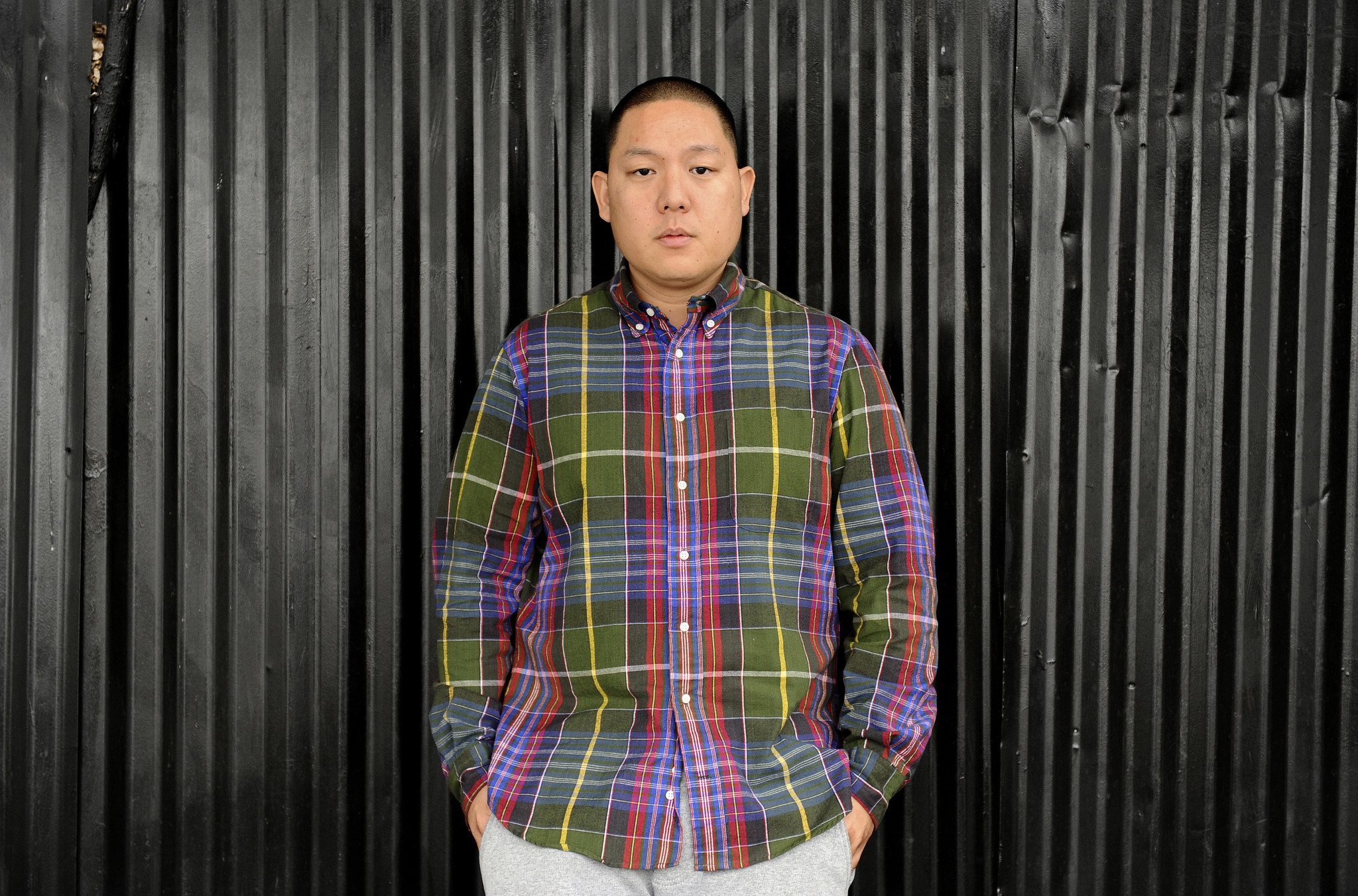
The memoir is an Asian-American glimpse at what the American dream really looks like in the land of the free. The book’s prose has the bravado and swagger of a Cam’ron album, making it the most entertaining thing to read since Dr. Suess’ “One Fish, Two Fish, Red Fish, Blue Fish.”
It doesn’t glamorize the immigrant experience or tout it as something it’s not; instead, Huang’s book gives readers a look at what being an Asian-American is like in the U.S. today, and gives real-life examples of the struggles minorities face. At a time when the country is more divided than ever, Huang’s message reigns true — minority experiences are shared and multicultural voices need to be heard.
The Human Panda didn’t stop by just encouraging stories to be told, though; he went and found people and gave them a platform to do so. With his Vice show, “Huang’s World,” Huang travels all over the world, telling a cultural story through the food of people on the street. Instead of traveling to the revered 5-star restaurants in these countries, his show highlights the lives of everyday people, and how their food reflects their culture.
As he describes it, the plate is just a “starting point for the conversation,” and meals often lead to experiences much deeper than the food in front of him. Plus, when Anthony Bourdain is commenting that your show is one of the only food shows worth watching, you know you’ve made it. Congrats Eddie, you’ve officially received the food god’s stamp of approval.
“Huang’s World” is global, traveling to places that the typical Food Network shows just won’t go, like the far reaches of Taiwan, Shanghai, Moscow, Chengdu and Mongolia. In a similar fashion to the food-show scion Anthony Bourdain, the series lets the locals tell the stories of their lives, using food, music or other cultural elements as a backdrop.
For example, in a three-part episode documenting Taiwan, Huang meets with a metal band, attends a cosplay event and experiences ancient Eastern medicine through cupping therapy on his back, all while enjoying a vast variety of Taiwanese food.
The show is about more than just giving people a chance to talk about their food; it’s a documentation of the culture of places that Americans don’t often hear from, one that exists only in the migrant communities that they so often avoid.
Huang’s experience as the son of an immigrant who never quite felt at home in America as a child manifests itself in his show, his books and even his advocacy work. The Human Panda does more than just kick it with Cam’ron and get high before interviews; in fact, at one point early in his career, Huang worked on the Innocence Project, which works with DNA testing to get cases reopened for convicts who may have been wrongfully convicted. That work helped shape the rest of Huang’s career — still focused on social justice, but providing it in an easily-digestible TV show.
Sometimes though, Huang’s message is a little rougher, or rather, spicier, tearing back the veil behind immigrant struggles in America like these hot wings tore up his bowels. In a keynote speech at the 2016 National Immigrant Integration Conference in Nashville, Huang presented a speech he called “No Coupons.” In it, he starts with a conversation that he had with his father, who was a restaurateur in Orlando.
His father tells him that “immigrants can’t sell anything full-price in America,” out of the fear that the majority will refuse to buy full-priced American food from immigrants.
As a restaurateur himself, Huang goes on to make a simple, but ceiling-shattering statement that rallies the crowd: “My name is Eddie Huang. I was born in America, my ancestors are from China and my parents were born in Taiwan. I sell Taiwanese Gua Bao for full-fucking-price in America.”
At a time where this country has a president trying to render immigrants powerless, Huang wants them to realize the power of their stories. There shouldn’t be a need to whitewash a foreign menu to cater to inexperienced palettes.
Instead of meeting white Americans halfway with Panda Express versions of rich, foreign culinary histories, immigrants should feel encouraged to share their culture. Each person in this country, no matter their ethnicity, lives an American life, and Huang wants people like him, or his parents, to come forward with their experiences in this country and stop selling themselves short.
The Human Panda is changing the game. As a Dipset-loving, Jordan-wearing, weed-smoking food-show host, Eddie Huang remains true to himself. Readers of his books have grown up with him and watched him embrace his heritage, still refusing to feel like an outsider in the country that he was born in.
Huang has made his voice heard, and with his show “Huang’s World,” he’s allowing people from all over the world to tell theirs.


